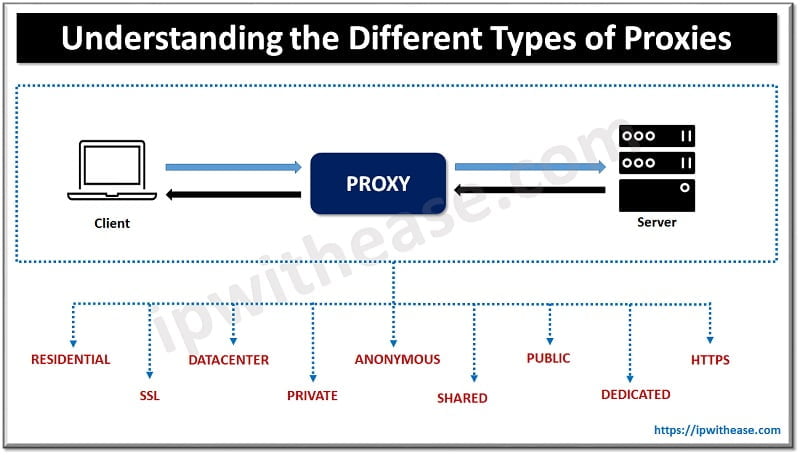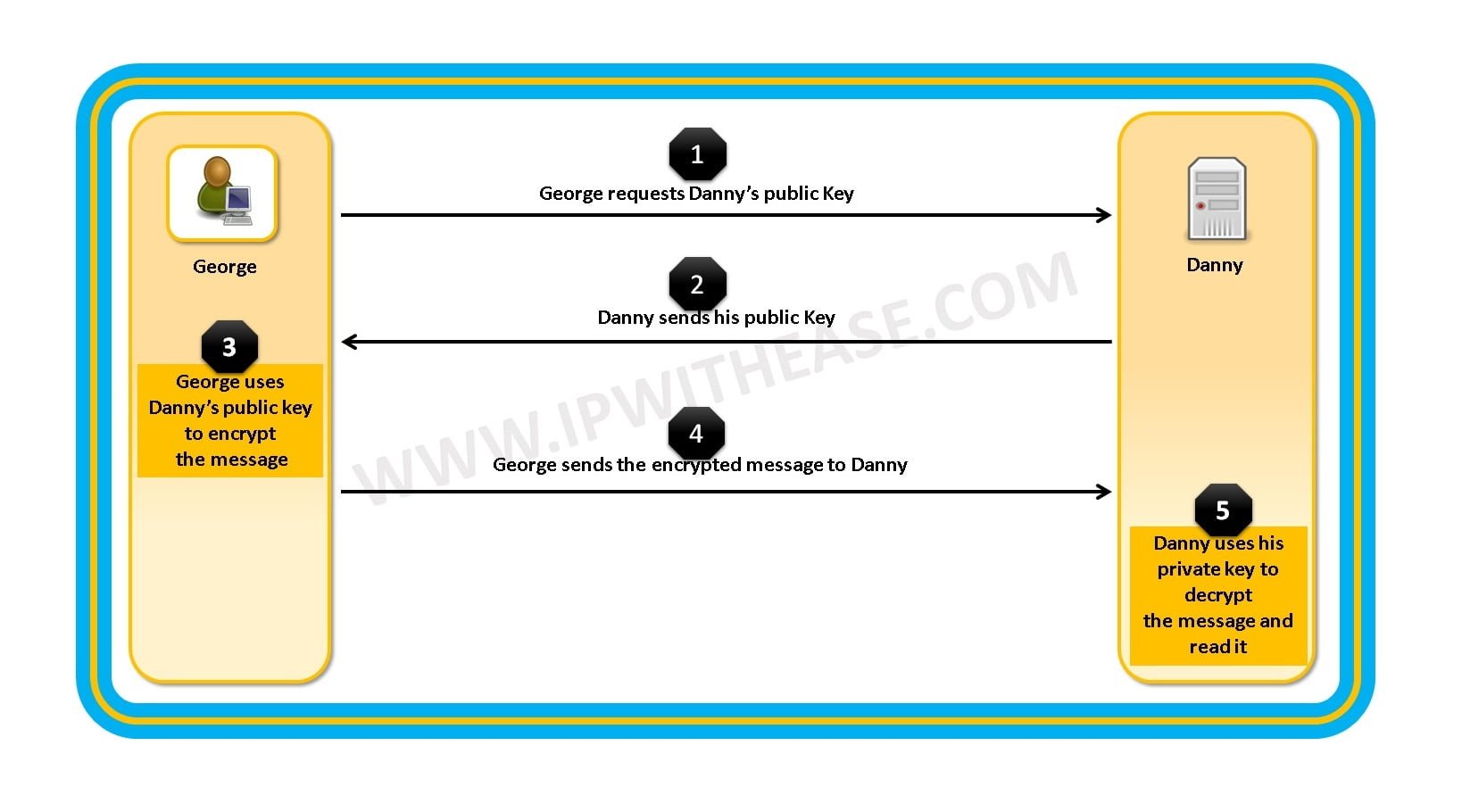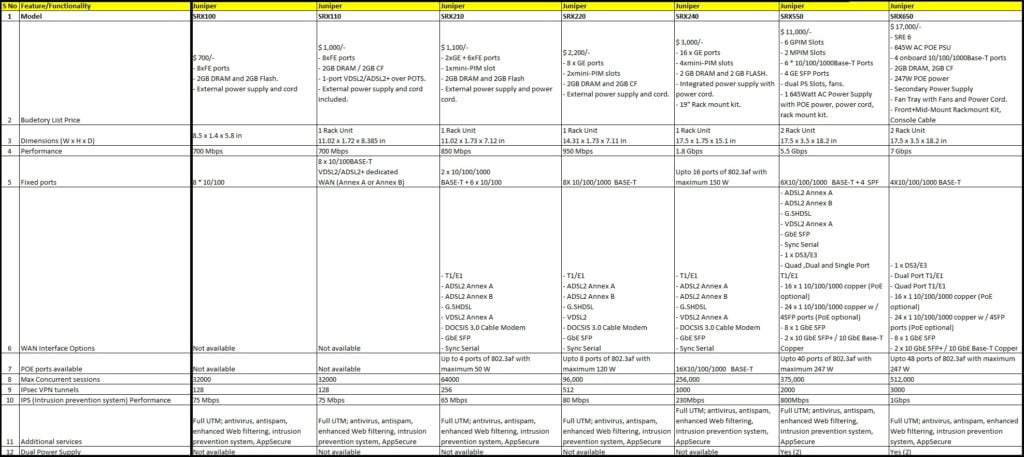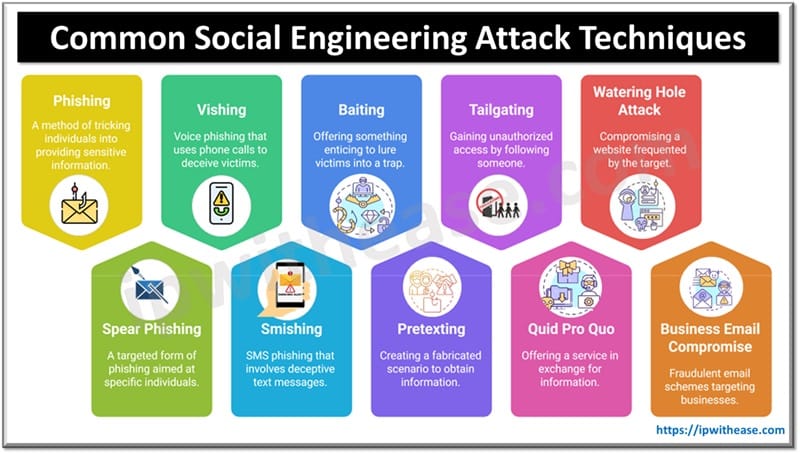Table of Contents
With so many different types of proxies to choose from, it can be difficult to choose the right one for your needs. Different proxies have been developed to deliver different services. Some provide more online anonymity, while others are meant to imitate real devices. So how can you choose the right proxy for your needs?
In this article, we’ll take a closer look at the different types of proxies and what they are best used for. Once you know more about the different types of proxy services, it’ll be easier to choose the proxy as per your needs.
We’ll be covering the following topics related to proxy types:
- What is a proxy?
- Different types of proxies and their uses
What is a Proxy?
A proxy is an intermediary server that facilitates your internet requests and responses. This means that the proxy acts as a middleman between the user and the internet, protecting their online anonymity. Instead of requesting directly from the website server, your requests go through the proxy first. This means the website cannot see your details such as IP address, OS, devices or even track your online searches as the proxy allocates a new IP address to your network.

Different Types of Proxies and Their Uses
To understand what type of proxy you need, you must understand the different types. Here are a few of the most commonly used proxy services available.
Residential Proxy
Residential proxies are the most versatile proxies on this list. The IPs allocated by these proxies are linked to real devices. When used, they look like real users, making it extremely difficult to ban.
Best Uses:
Residential proxies are best utilized for:
- Web scraping
- Using any automation tools
- Bypass geo-restrictions
- Analyze SEO and SERP results
Datacenter Proxy
Datacenter proxies use artificially created IPs rather than real ones like residential proxies. These proxies are very fast and efficient to use and effectively hide your IP and keep you from being tracked.
Best Uses:
Datacenter proxies are best used for:
- Those needing fast internet speed
- Hiding your IP
- Bypassing geo-restrictions
Anonymous Proxy
Anonymous proxies forward any requests to the website server without sharing any of the clients’ details, including their IP addresses. In this way, it looks like the server is connecting independently.
Best Uses:
Anonymous proxies are best utilized for:
- Protecting your online anonymity
- Avoiding tracking
- Large corporations where additional security is required, but users don’t need to know or set up the proxy themselves
Private Proxy
Private proxies can be misleading, making users think they provide more privacy. The reality is that a private proxy only means that a single user will be using the proxy at a time. The proxy won’t be shared with others.
Best Uses:
A private proxy is best used for:
- Protecting a single user’s identity and browsing
- Bypassing geo-restrictions
Dedicated Proxy
Dedicated proxies are also not shared, similarly to private proxies. However, there are dedicated proxies that different people can use, just not at the same time – which makes them different from private proxies.
Best Uses:
A dedicated proxy is best utilized for:
- Protecting your online anonymity
- Avoiding IP burnout from multiple users sharing the address
- Bypass geo-restrictions
Shared Proxy
As the name suggests, several users often use shared proxies simultaneously. Because the same proxy is shared, these are usually the cheapest option of all the proxies.
Best Uses:
Shared proxies are best used for:
- Individuals who want to protect their online anonymity
- Individuals looking for a cheap, but reliable proxy
Public Proxy
Public or free proxies don’t charge users for using them. However, they’re also the most unsafe and most unreliable proxy option.
Best Uses:
We do not recommend using free proxies as the risks posed to users are too great.
SSL Proxy
SSL proxy specifically use the SSL protocol to transfer any data.
Best Uses:
An SSL proxy is best utilized for:
- Individuals that need extra encryption when sending or receiving data online
HTTP Proxy
HTTP proxies also encrypt data, but instead of using the SSL protocol, they use a specialized HTTP connection. The IP for these proxies is usually user or PC assigned. These proxies fulfil a niche requirement and can’t be used to access HTTPS websites.
Best Uses:
A HTTP proxy is best used for:
- Individuals that need to place blocks on specific content and cookies
- Individuals that need to allow or disallow specific types of content
- Individuals that need to allow and disallow specific types of cookies
Final Thoughts
There are many different types of proxies available. While most users would recommend a residential proxy as they’re some of the most versatile around and are linked to real devices, they aren’t your only option. Many others can still provide online anonymity and additional security if you have specific requirements and a budget.
Continue Reading:
Forward Proxy vs Reverse Proxy: Understand the difference
ABOUT THE AUTHOR
IPwithease is aimed at sharing knowledge across varied domains like Network, Security, Virtualization, Software, Wireless, etc.



